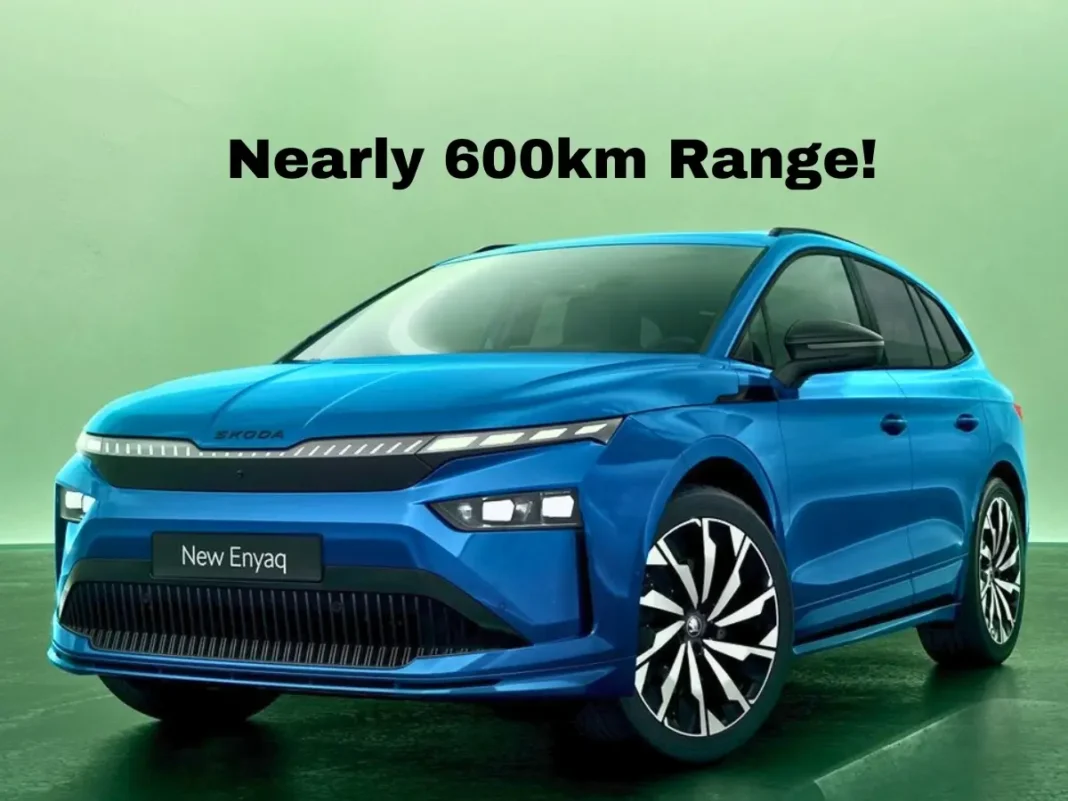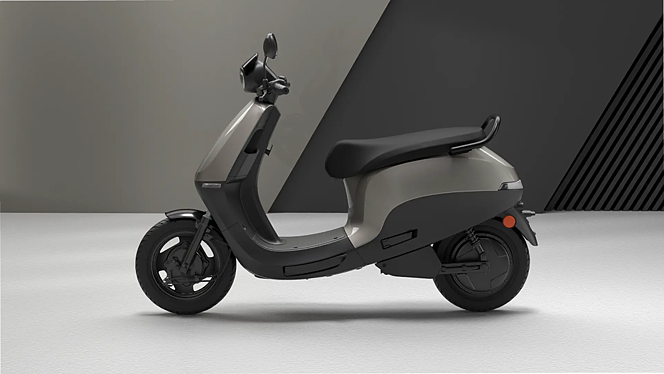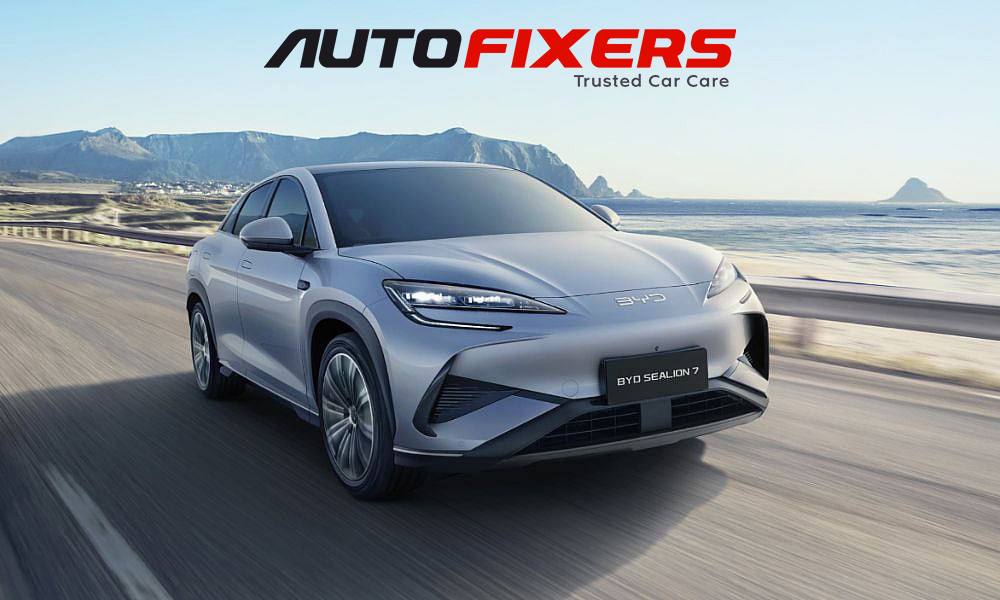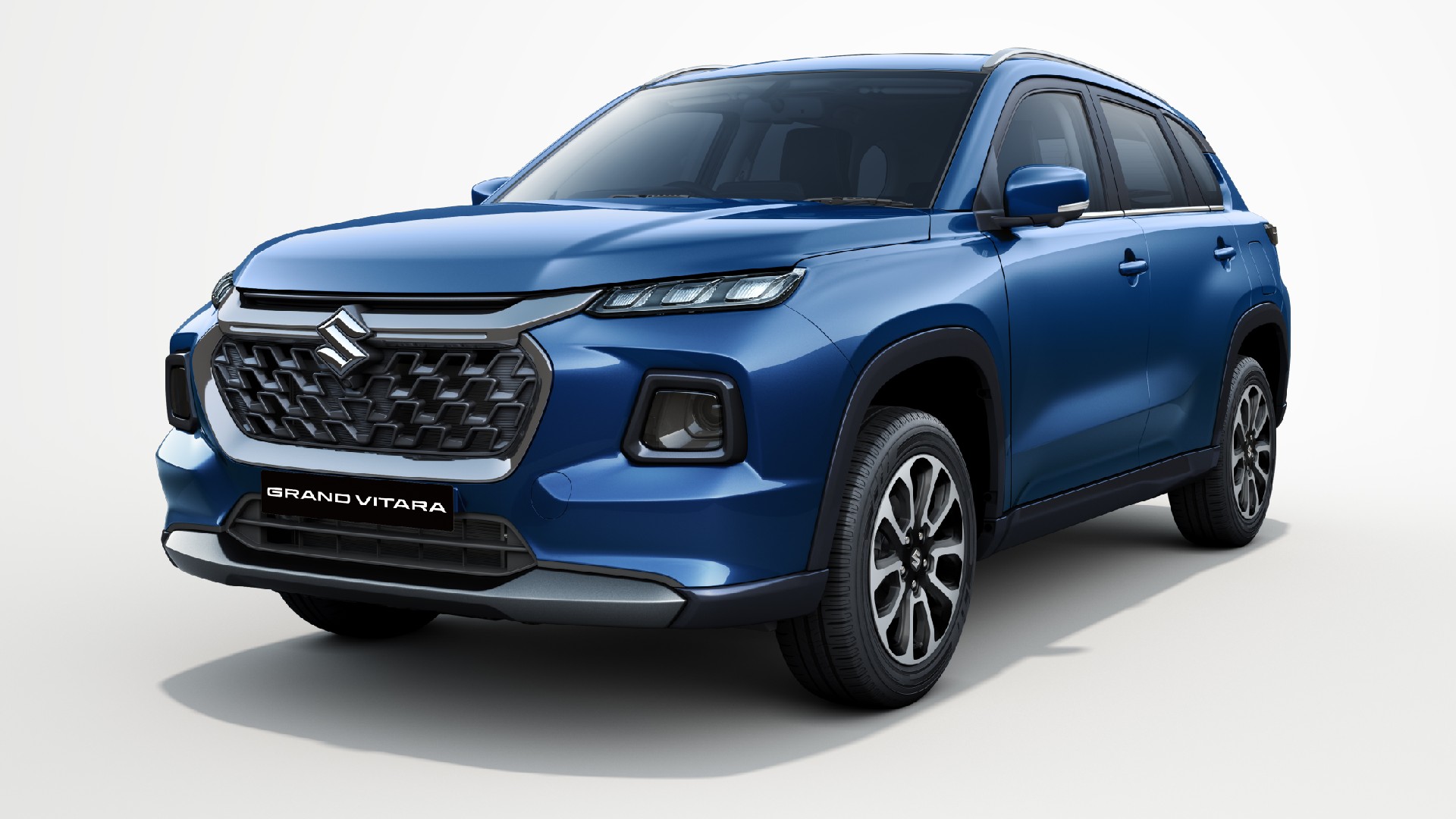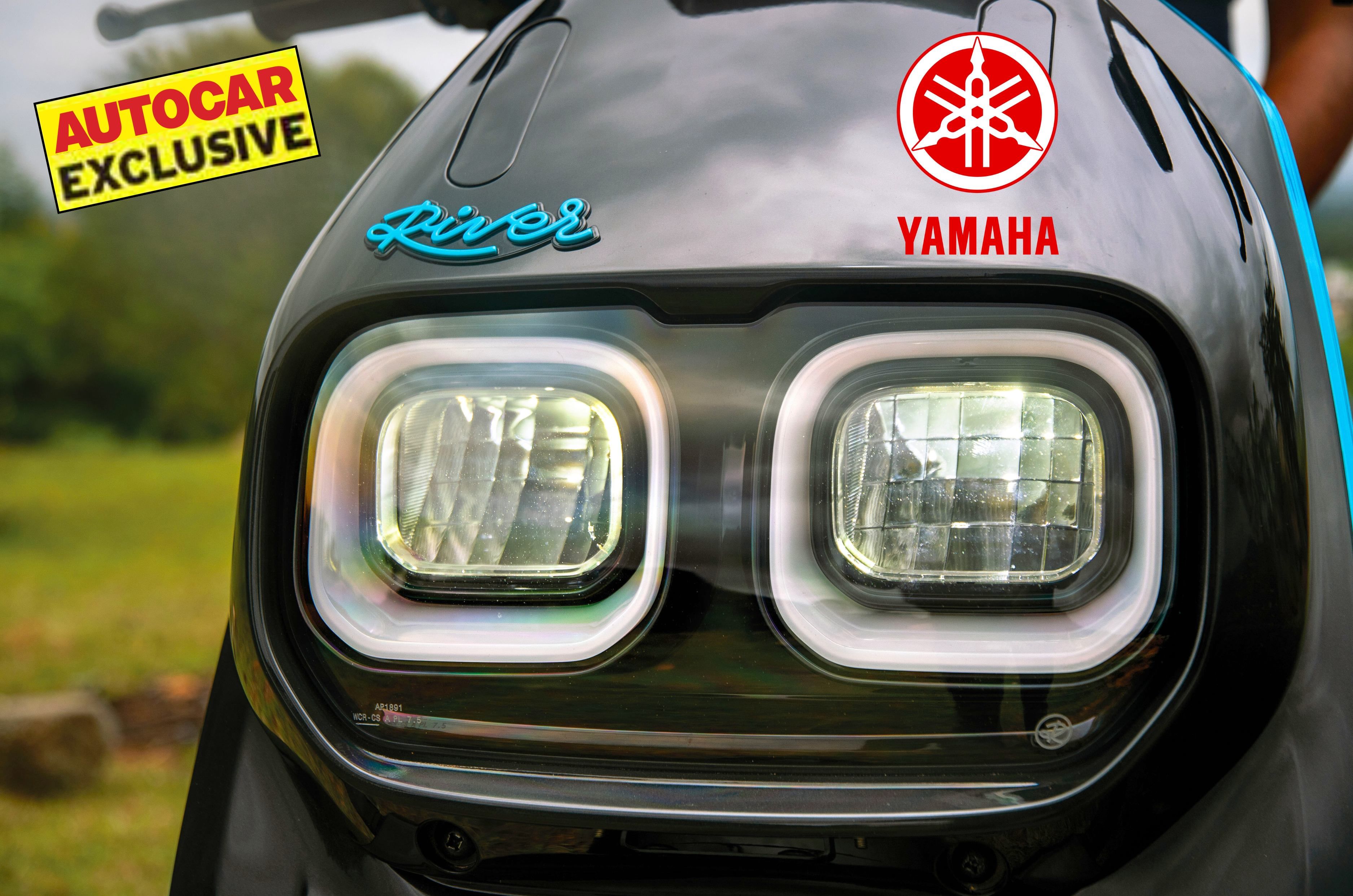
In a strategic realignment, Yamaha Motor Company has formed a collaboration with the Indian startup River to create its inaugural global electric scooter, designated RY01. This initiative not only signifies Yamaha’s entry into the rapidly expanding Indian electric vehicle (EV) market but also represents a substantial shift in its product strategy—from the low-speed scooters previously introduced in Europe to a focus on a performance-driven platform that resonates with the brand’s core identity.
Key Features of the Yamaha Electric Scooter
- The Yamaha e-scooter will feature a distinct design compared to the River Indie.
- Both models will share the same powertrain and battery management system (BMS).
- Yamaha is also developing a separate electric vehicle platform.
Yamaha Electric Scooter Launch Details
Made in India for Global Markets
Yamaha is banking on River’s innovative platform for a successful launch in India, utilizing their expertise for innovative design and execution. The RY01 is scheduled for production between July and September 2025, with collaborative contributions from Yamaha’s engineering teams globally, including Japan, the US, and Europe, in conjunction with River’s team in Bengaluru. While Yamaha will maintain project ownership, River will handle extensive responsibilities such as engineering, R&D, powertrain design, battery integration, and manufacturing.
Although the Yamaha electric scooter will likely utilize the same foundational platform as the River Indie, sharing its powertrain and BMS, it will present a design that better aligns with Yamaha’s sporty aesthetic. This electric scooter will be produced in India and offered for export on a global scale.
In addition to the River Indie-based model, Yamaha is simultaneously working on a global EV platform, taking input from major international markets, including India, to ensure it meets customer needs effectively. This future Yamaha electric scooter is expected to be launched in 2026-27.
Referring back to the RY01, Yamaha’s partnership with River mirrors its collaboration with Taiwanese partner GoGoro, wherein they leverage an established company to address specific market demands. In Europe, Yamaha’s electric scooters, like the Neo’s, are focused on urban utility and modest performance, a concept they have decided against replicating in India. “India is a performance-driven market, and Yamaha’s legacy here is built on excitement, speed, and sporty appeal,” remarked an insider involved in the development. “With River’s robust platform and engineering prowess, Yamaha has the potential to reclaim its identity in the electric vehicle era.”
This development is crucial as India’s electric two-wheeler market is experiencing significant growth and intensified competition. In fiscal year 2025, the sector surpassed 1 million units sold for the first time, totaling 1.15 million units, indicating a year-on-year growth of 20-21 percent. Electric vehicles now constitute over 6 percent of total two-wheeler sales, propelled by rising fuel prices, greater urban adoption, and ongoing policy support under the PM e-Drive initiative.
Ola Electric continues to lead the market, closely followed by TVS Motor (22 percent market share), Bajaj Auto (21 percent), Ather Energy (14 percent), and Hero MotoCorp’s Vida (7 percent). This growth trend is projected to carry into fiscal year 2026, with expectations of reaching 1.3-1.4 million units sold.
In the midst of this upward trend, other Japanese manufacturers are finally entering the competition. Honda recently unveiled the Activa e: and QC1 at the Bharat Mobility Global Expo 2025, with deliveries commencing soon. Suzuki is slated to launch its e-Access model in the coming months. These new offerings are designed specifically for the family scooter segment, targeting popular models like Ola S1, TVS iQube, Bajaj Chetak, and Ather Rizta. However, their delayed market entry means establishing a significant presence will demand more than simply brand recognition, particularly in a market where traditional players face off against startups.
River, which debuted its Indie e-scooter in 2023, has garnered a solid reputation for performance, reliability, and innovative design, aligning well with Yamaha’s ambitions. The manufacturing facility in Bengaluru meets Yamaha’s stringent quality standards and production processes while also aiding in accelerating market introduction timelines. The Yamaha e-scooter, codenamed RY01, is anticipated to hit showrooms before the close of this financial year.
This collaboration is further solidified by Yamaha’s USD 40 million Series B investment in River in 2024, representing not just a financial stake but a strategic partnership. Yamaha is harnessing River’s innovation, agility, and localization capabilities to speed up electric vehicle development, particularly in markets where cost, performance, and swift market entry are essential.
“The concept and product DNA belong to Yamaha, but it’s River’s execution capabilities that are making this possible,” the source added. “This is not merely a supplier relationship; it’s a strategic alliance.”
River will contribute not only to localized cost efficiency but also offer its proprietary powertrain and battery technology, essential for RY01’s performance. Yamaha’s decision to prioritize this India-developed scooter over its conventional global platforms highlights a strategic repositioning aimed at retaining relevance and competitiveness within one of the world’s most vibrant two-wheeler markets.
With River aiming for retail expansion throughout India and exports to 11 countries, this partnership could set a precedent for Yamaha’s future product development in India and its global electric vehicle initiatives.

